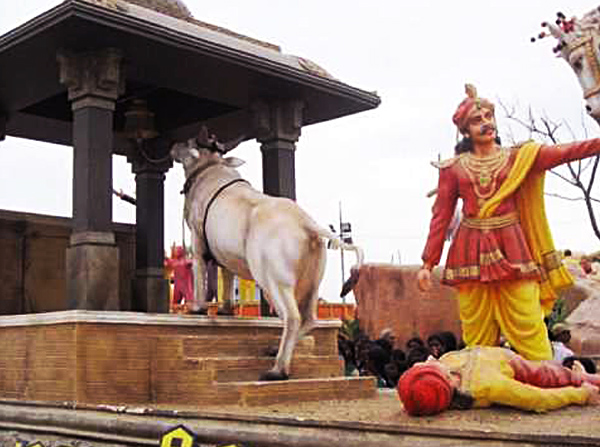 This story is taken from a collection, a set of devotional offerings to Shiva by his worshippers. Now, the kings who ruled Tamilagam (modern day Tamil Nadu) set great store by the virtue of fairness in the administration of justice. The people even believed that the success or failure of the annual monsoon depended on the efficacy of a king’s justice administration. The legend of Ellalan, taken from Periya Puranam, a hagiographic compilation of stories about 63 special devotees of Shiva, exemplifies this virtue of the Tamil kings. Ellalan was a third century BCE Chola king, who later came to be known as Manu Neethi Cholan.
This story is taken from a collection, a set of devotional offerings to Shiva by his worshippers. Now, the kings who ruled Tamilagam (modern day Tamil Nadu) set great store by the virtue of fairness in the administration of justice. The people even believed that the success or failure of the annual monsoon depended on the efficacy of a king’s justice administration. The legend of Ellalan, taken from Periya Puranam, a hagiographic compilation of stories about 63 special devotees of Shiva, exemplifies this virtue of the Tamil kings. Ellalan was a third century BCE Chola king, who later came to be known as Manu Neethi Cholan.
As his name suggests, this is the story of how the king upheld the laws of Manu while dispensing justice to his subjects, which included all living creatures in his kingdom. It was said that there hung a bell outside his palace gates and anybody seeking justice could ring it any time to bring their case to the notice of the king.
All the subjects loved their Chola king dearly. But the king had one problem – he was childless. Advised by well-wishers, the king prayed ardently to Lord Shiva for an heir and was, over the course of time, blessed with a boy. Years passed. The child named Veedhividangan grew up to be a capable prince.
All was well till, one day, Lord Shiva decided to test Ellalan’s commitment to justice. As per Shiva’s order, the Goddess of Justice took the form of a calf and ran amok on the roads of the king’s capital city of Thiruvaroor. At that exact same time, prince Veedhividangan happened to be speeding by on his chariot. Upon seeing the prince’s chariot, the calf started to run towards it. To his horror, the prince realised what was happening too late and could not avoid an accident. The unthinkable happened, the calf was crushed to death under the wheels of the chariot!
The prince horrified at what he had done was consumed by guilt and stood transfixed to the spot. A cow, who seemed to be the calf’s mother, reached the scene. She bellowed a loud and painful moo. Then, with tears streaming down her face, started to run towards the palace gates. Having reached the bell of justice, she started to tug at the rope attached to the bell, causing it to chime loudly.
Hearing the bell chime, the king rushed to the palace gates. He was surprised to find a cow standing with the rope clenched between its teeth. By that time, the prince carrying the dead calf and some onlookers and witnesses to the accident too reached the palace.
From eyewitness accounts and the prince’s own confession, the king quickly got to know what had transpired. The prince tearfully accepted his guilt. Without a moment’s thought the king ordered that the culprit be punished. He ordered that his son, the prince, be crushed under the wheels of a chariot just as the calf had been killed. The punishment for the guilty, he ordered, will have to be in the exact mode and measure as the crime itself. And he, as the parent of the prince, would feel the same excruciating pain of losing a child that the mother cow was feeling now.
The onlookers were shocked by this ruthless judgement. They pleaded with the king, reminding him that the prince’s had not been an act of wanton brutality. It had just been an unfortunate accident. They could not afford to lose their future king for the reckless act of a silly calf. But, the just king would hear none of it. He ordered the immediate execution of his son by one of his trusted ministers. Unable to convince the king, the minister tearfully carried out the gruesome execution even as the king’s heart cried out for his only son, the son he had begotten after seeking divine help.
Lord Shiva was immensely pleased. He appeared before the king to appreciate Ellalan’s strong sense of justice. The dead calf and the prince were miraculously revived and the Lord blessed the king with a long and prosperous reign.
Mythology apart, proof of the fairness in the king’s justice administration can be found in history too, namely the chronicles of the Sri Lankan kings called the Mahavamsa. Ellalan who had captured the neighbouring Anuradhapura kingdom (modern-day Sri Lanka) was acknowledged to be a just king even by his captives, the Sinhalese. The Mahavamsa states that the king ruled ‘with even justice toward friend and foe, on occasions of disputes at law’.
Story collected by- Sumathi Sridhar
Source: Periya Puranam (a hagiographic compilation of stories about 63 special devotees of Shiva)
Location: Tamil Nadu







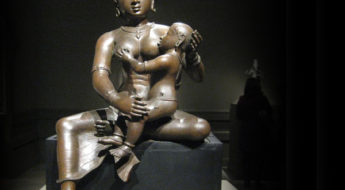
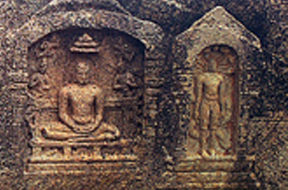
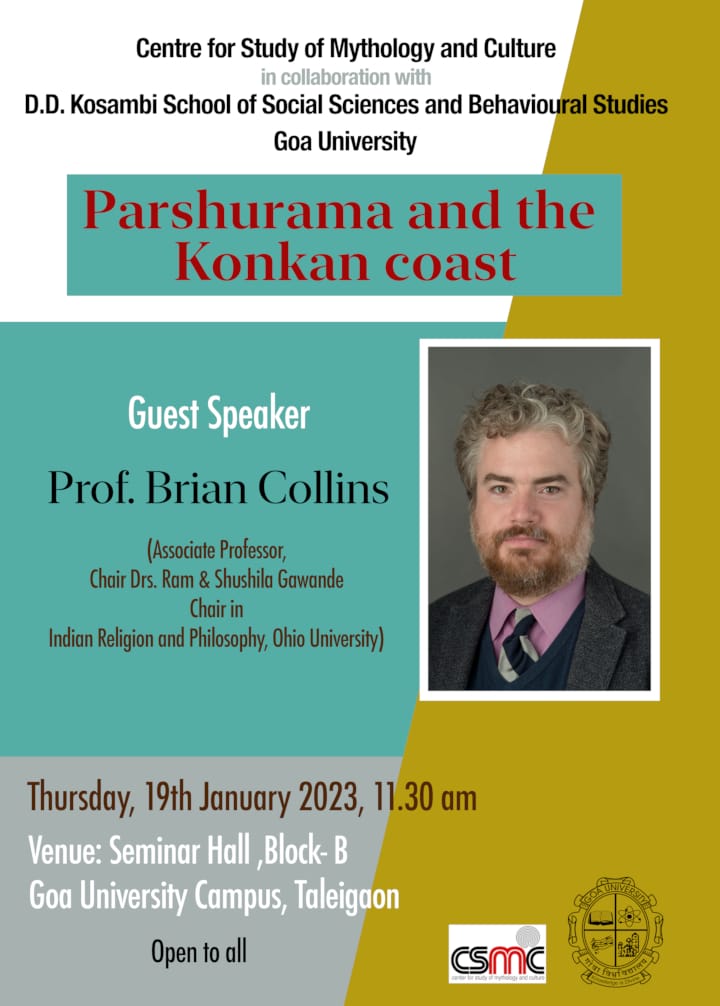
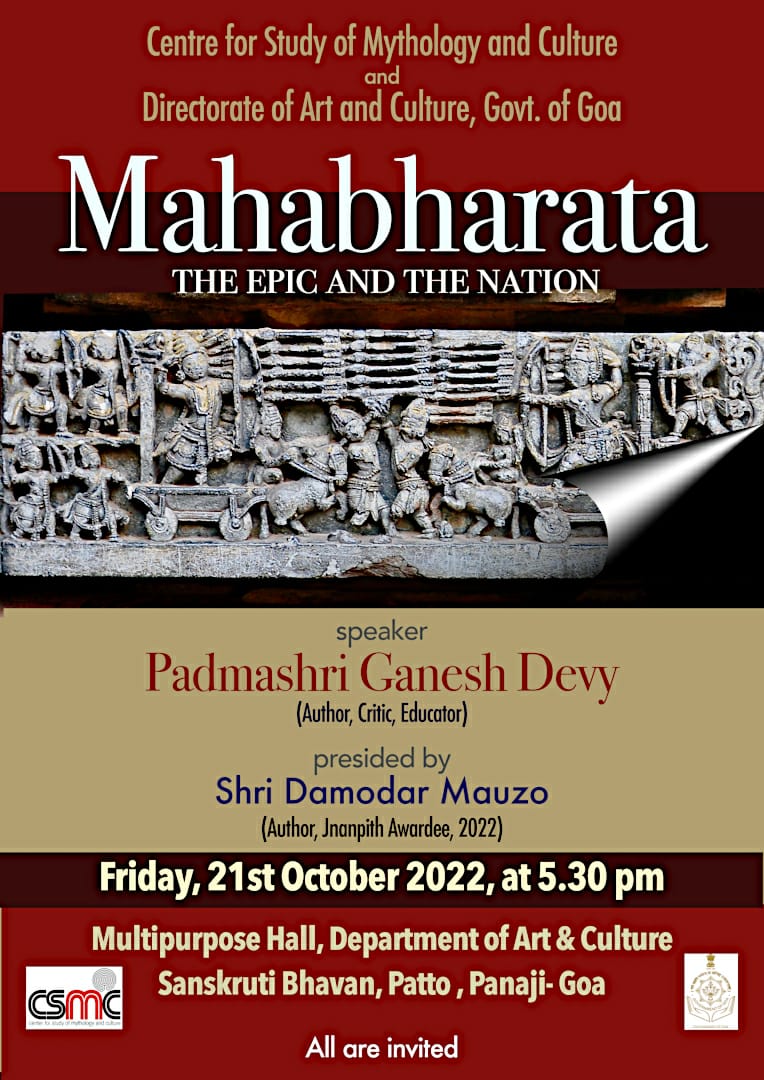
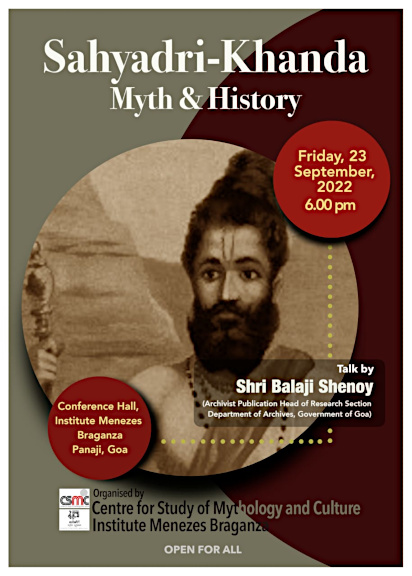
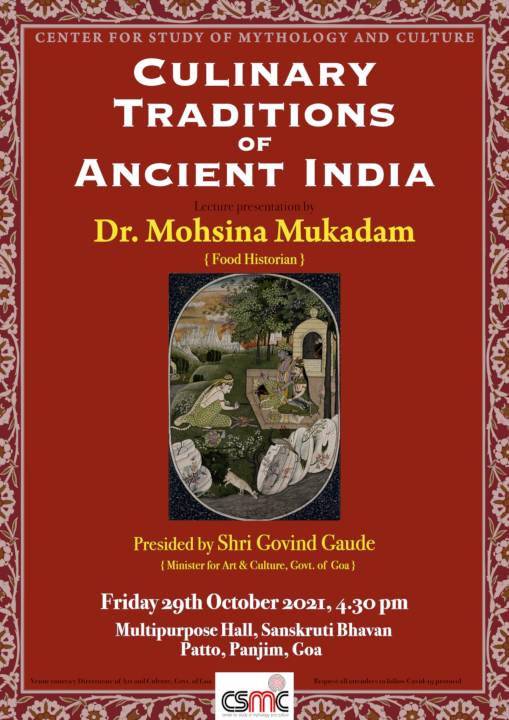

Leave a Comment